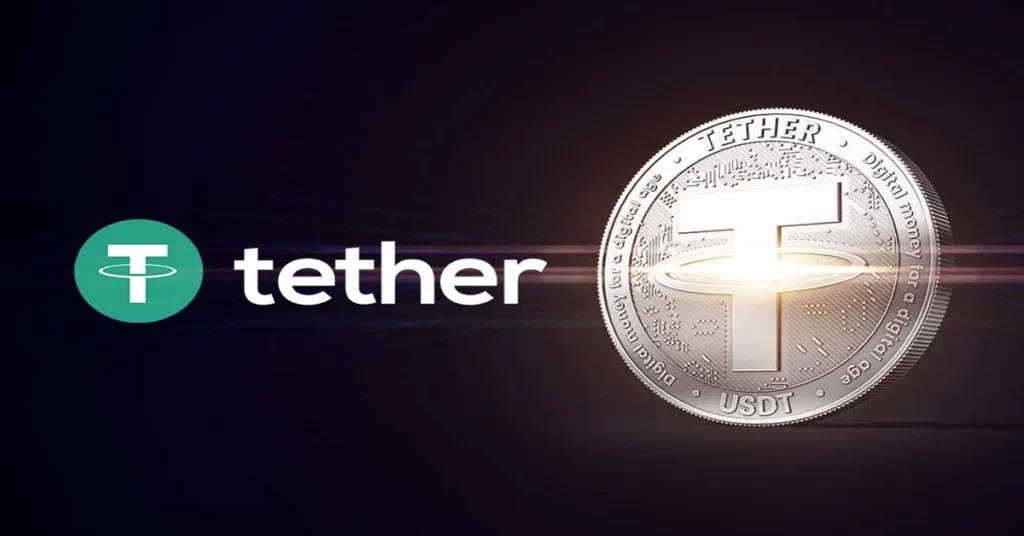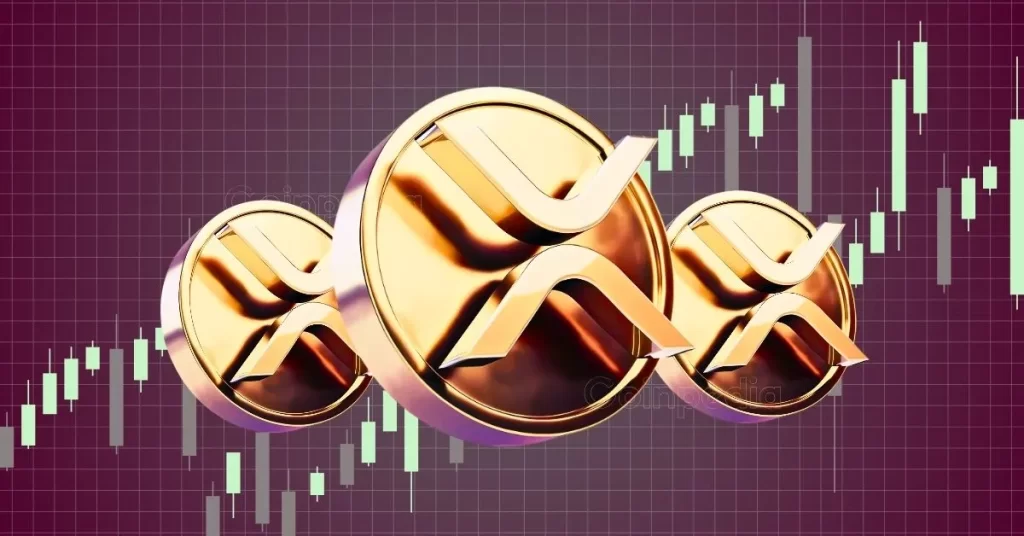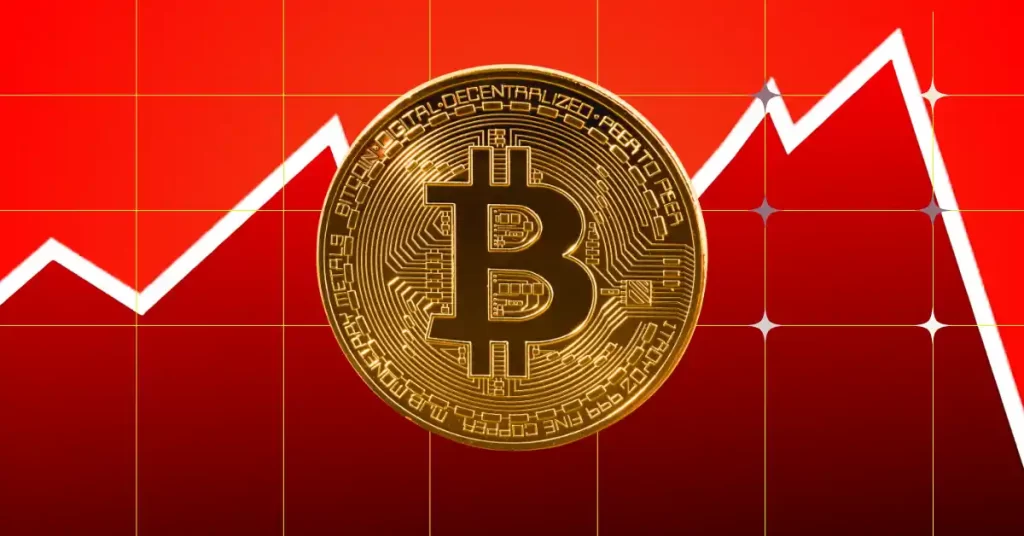
The post Tether’s Powerful Ally: Cantor Fitzgerald’s 5% Stake Revealed as Lutnick Prepares for Commerce Secretary Role appeared first on Coinpedia Fintech News
President-elect Donald Trump has nominated Howard Lutnick, CEO of Cantor Fitzgerald, to be the next Secretary of Commerce. Lutnick, a Wall Street figure and a vocal supporter of Trump, is expected to play a key role in shaping the administration’s economic agenda. He was also part of Trump’s transition team and is well-known for leading Cantor Fitzgerald, a company he steered through the aftermath of the 9/11 attacks.
Now, in a major development and as reported by WSJ, Cantor Fitzgerald, under Lutnick’s leadership, has acquired a 5% stake in Tether, the world’s largest stablecoin issuer, valued at approximately $600 million. Lutnick announced on Thursday that he would resign from Cantor Fitzgerald once the Senate confirms him as Commerce Secretary. He also stated that he plans to sell his interests in his companies to follow government ethics rules.
A Tether spokesperson told WSJ, “Tether’s relationship with Cantor is entirely professional, based on managing reserves. The claim that Lutnick’s involvement in a transition team somehow translates to influence over regulatory actions is laughable.”
What This Means For Tether?
This is seen as a strategic move by Cantor Fitzgerald, given Tether’s significant position in the cryptocurrency market. Tether is infamous for its unregulated nature and is currently under investigation by the U.S. Treasury and Justice Departments for potential violations of anti-money laundering and sanctions laws.
Lutnick’s new position as Commerce Secretary, combined with his financial interests in Tether, raises questions about how his political influence might impact the regulatory environment surrounding the stablecoin and its business operations. Lutnick’s involvement with Tether, both as an investor and as a political figure, could have significant implications for the future of cryptocurrency regulation in the U.S.

 3 months ago
89
3 months ago
89









 English (US) ·
English (US) ·